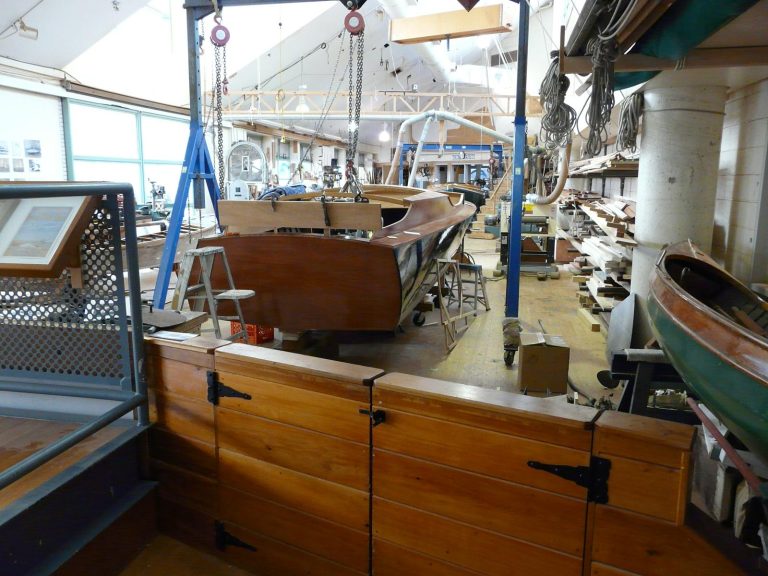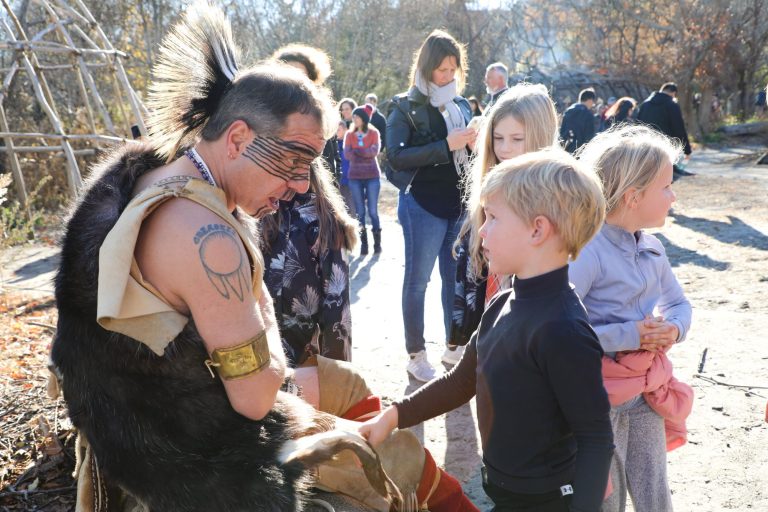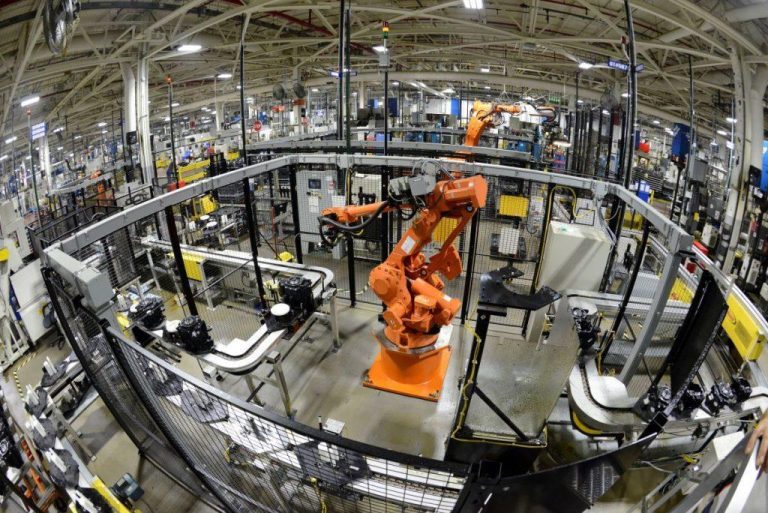Maritime Heritage is on Display for Student Groups
Located along the waterfront in Philadelphia, the Independence Seaport Museum offers an engaging educational experience that focuses on maritime history, ecology, and culture. This museum is dedicated to preserving and interpreting the rich maritime heritage of the Delaware River and surrounding regions, providing students with a unique opportunity to explore the intersection of history, science, and social studies. Through interactive exhibits and hands-on learning activities, students can delve into the history of shipbuilding, navigation, and the cultural significance of the waterfront.
Student Programming
Educational programs at the Independence Seaport Museum are designed to cater to various age groups and learning styles. Students can participate in guided tours that highlight key historical artifacts, including historic ships and maritime tools, allowing them to engage directly with the materials that have shaped their local history. The museum’s exhibits often emphasize the contributions of Philadelphia to the maritime industry, connecting to broader themes in American history, such as trade, immigration, and naval warfare.
Hands-On Education
In addition to historical content, the museum strongly emphasizes environmental education. Programs may include hands-on activities focused on the ecology of the Delaware River, where students learn about local wildlife, water quality, and the importance of environmental stewardship. By engaging with the river’s ecosystem, students gain a deeper understanding of the interdependence of humans and nature, fostering a sense of responsibility for protecting their local environment.
The Independence Seaport Museum also offers programs that incorporate arts and civics education. Students may engage in creative projects related to maritime themes, such as designing their own ships or creating artworks inspired by their experiences. Furthermore, discussions around civic engagement and the role of the waterfront in community development encourage students to think critically about their responsibilities as citizens and how they can contribute to their communities.



